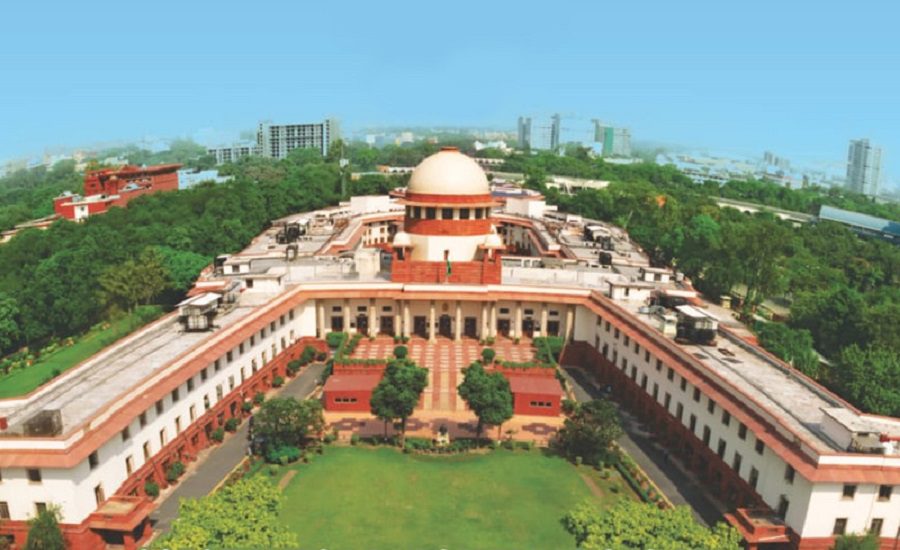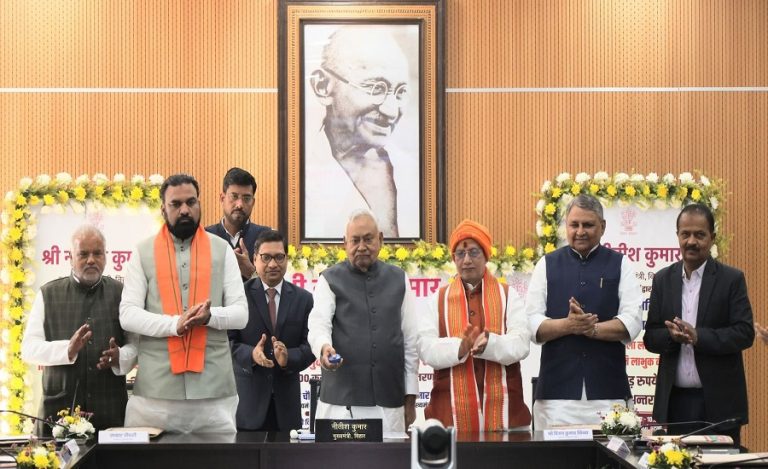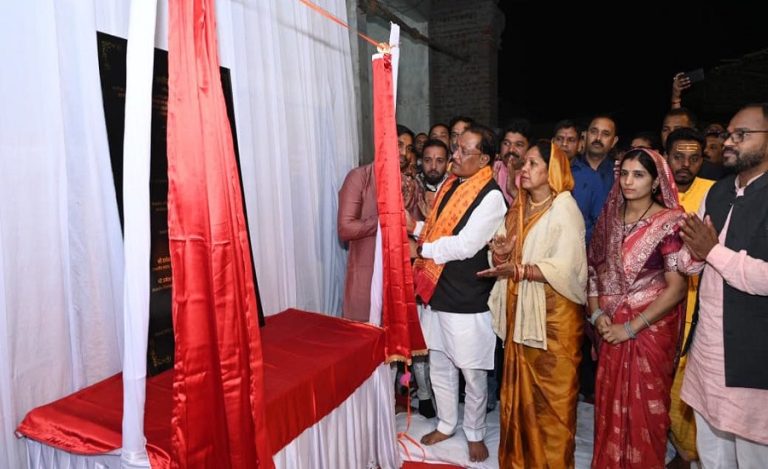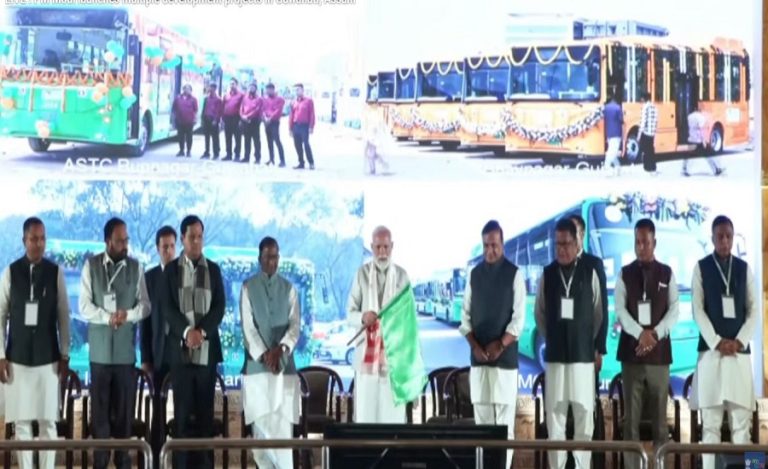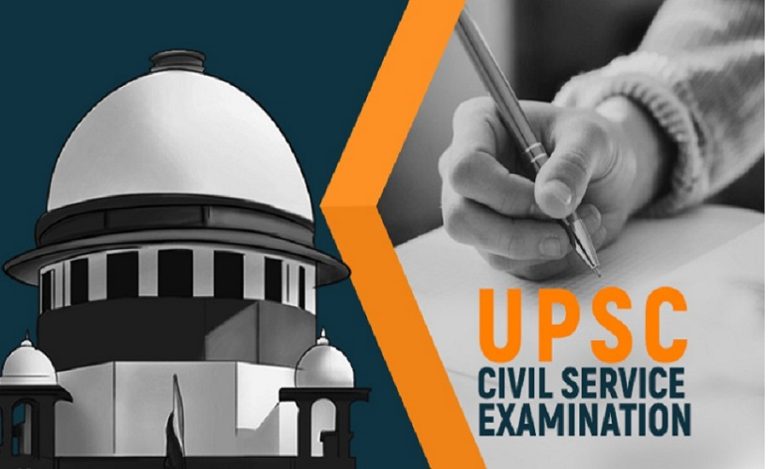New Delhi: The Supreme Court has quashed prosecution proceedings against an assessee and imposed a ₹2 lakh cost on the Income Tax Department for acting in blatant disregard of binding statutory instructions.
A bench of Justices J. K. Maheshwari and Vijay Bishnoi slammed the Revenue for “wilful non-compliance” of CBDT circulars, holding that such conduct undermines fairness, consistency, and accountability in tax administration.
Background of the Case
In April 2016, the Income Tax Department conducted a search under Section 132 of the Income Tax Act, seizing unaccounted cash worth ₹4.93 crore from assessee Vijay Krishnaswami. A show-cause notice followed in October 2017.
By June 2018, the Principal Director of Income Tax (Investigation) sanctioned prosecution, and a complaint was filed under Section 276C(1) for alleged wilful tax evasion. Later, in December 2018, the assessee approached the Settlement Commission, making additional disclosures.
In November 2019, the Commission granted immunity from penalty after observing no wilful attempt to evade tax, though immunity from prosecution was withheld due to pending High Court proceedings. The Madras High Court eventually dismissed the assessee’s plea, compelling him to seek relief from the Supreme Court.
Challenges for the court
The central question was whether prosecution under Section 276C(1) could stand when the Revenue ignored binding CBDT circulars and when the Settlement Commission had already granted immunity from penalty.
Also Read: Supreme Court Pulls Up ED, Grants Bail to Former IAS Anil Tuteja in Chhattisgarh Liquor Scam
CBDT Circulars are Binding
The bench highlighted three binding directives:
- CBDT Circular (2008): Prosecution may follow only after ITAT confirms concealment penalty exceeding ₹50,000.
- Prosecution Manual (2009): Reinforced ITAT confirmation as a precondition.
- CBDT Circular (2019): Cases below ₹25 lakh require Collegium approval and ITAT confirmation before prosecution.
The Court reiterated earlier rulings in K.C. Builders Ltd. v. CIT and UCO Bank v. CIT, affirming that such circulars, which tone down the rigour of law, bind tax authorities.
Revenue Acted in Blatant Disregard
The judges noted that no ITAT order confirming concealment existed when prosecution was launched. The Department could not justify ignoring its own procedures.
The Settlement Commission had already found no wilful attempt to evade tax. Calling the lapse grave, the Court observed:
“Such wilful non-compliance reflects a serious lapse, and undermines fairness, consistency, and accountability. It cannot be treated as justified or lawful.”
Overlooks by Madras High Court
The Supreme Court found that the Madras High Court failed to evaluate whether prosecution served any purpose. It also overlooked the binding nature of Settlement Commission findings and CBDT circulars.
The Court set aside the High Court order, quashed the prosecution, and directed the Income Tax Department to pay ₹2 lakh to the assessee as costs.
Also Read: Supreme Court Upholds Punjab Constable’s Dismissal, Rules Unauthorized Absence Gravest Misconduct

